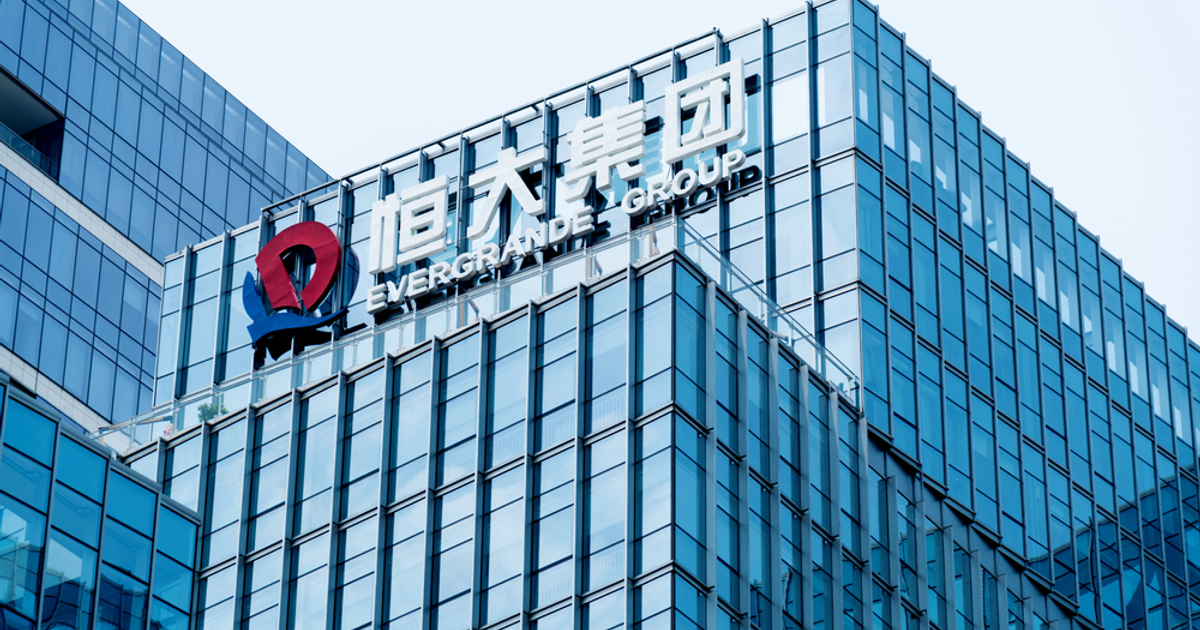Change, commit and collaborate: How E.SUN Bank is driving the sustainability agenda
Having been ahead of the curve on sustainability and climate change, E.SUN Bank is transforming the way it works, while impacting its wider ecosystem of customers and partners

Promoted Content
Having been ahead of the curve on sustainability and climate change, E.SUN Bank is transforming the way it works, while impacting its wider ecosystem of customers and partners

August 15, 2022
E.SUN Bank has been engaged in many important and pioneering efforts in the fight against climate change. This is not a recent phenomenon — for years, sustainability has been at the core of the bank’s business and strategy, leaving it with strong credentials in the space. On the Dow Jones Sustainability World Index, E.SUN has ranked in the Top 10 for five years in a row.
Sustainability remains an important strategic focus for the bank, a commitment that it demonstrates throughout its operations and business.
Stepping up to change
The focus is apparent in the way E.SUN has stepped up to support energy transition, and fight climate change. The bank has provided the financing needed for such a transformation across both domestic as well as overseas markets.
In 2015, it signed the Equator Principles, a common baseline and risk management framework for financial institutions to identify, assess and manage environmental and social risks when financing projects. Ever since, it has participated in renewable energy financing as far afield as Australia and the US. To date, the bank has financed a capacity of 1,495 MW of solar power and 3,746 MW of wind power. Renewable energy allocation capacity reached 6 GW as of 2021.
E.SUN issued its first green bond in 2017. It has continued to be a regular and leading issuer as well as underwriter of green and sustainable bonds, both in new Taiwan dollars as well as the US dollar. The bank has helped global entities raise funds in the Taiwan-based capital market for sustainable development. The list includes Credit Agricole, Orsted, Goldman Sachs, and the government of Chile. These green issuances are a testament to E.SUN’s capacity in underwriting, as well the sustainability impact in debt capital in Taiwan.
In addition to capital markets funding and project financing, E.SUN has also brought ESG-linked loan financing to the market. It has thus supported clients in setting and achieving certain ESG-related targets, including carbon reduction, inclusion in sustainability indices, and green supply chain engagement.
Committing to transformation
When it comes to science-based net zero aligned emission reductions targets, E.SUN has made a very strong commitment, by signing the ‘Business Ambition for 1.5°C’ pledge. It is only the third financial institution worldwide to receive validation of its targets from the Science-Based Targets initiative (SBTi).
The bank has set mid and long-term goals to meet these commitments. All E.SUN’s domestic properties will be converted into green buildings by 2027. Besides, E.SUN has joined the RE100 initiative and committed to using renewable energy across its global operations by 2040.
E.SUN implemented the SBT Project at the beginning of 2021. The bank reviewed the carbon emissions of its investments and lending positions, and formally received the SBT approval after six months of examination, review, and communication. After setting its SBT, E.SUN gradually changed its policies and processes when it came to investment and lending. The bank has started encouraging customers to reduce carbon emissions and invest funds into low carbon industries, making a positive impact with financing.
Collaborating towards common goals
In addition to transforming its own operations and activities, E.SUN is actively collaborating with some of the country’s leading companies to promote sustainability.
For instance, 32 Taiwanese companies were brought together under the aegis of the E.SUN ESG and sustainability initiative. These firms pledged to incorporate ESG into their business and implement the United Nations Sustainable Development Goals.
The initiative has three key elements: action being taken by E.SUN and other companies to combat climate change; a response to a collective goal to reduce carbon emissions; and the adoption of a better governance for climate change.
Another example is the bank’s commitment to phase out coal from its portfolio by 2035. E.SUN is the first bank in Asia to make such a statement. This is in response to The Glasgow Climate Pact, the first UN climate agreement in history that explicitly mandates a reduction in the use of coal. The policy applies to all E.SUN’s overseas branches and drives active management of carbon emissions from financial assets, with an increase in green and a reduction in grey assets.
The policy is targeted at companies with more than 5% of their revenue from business activities relating to coal, as well as unconventional oil and gas. By 2035, E.SUN will have zero exposure, with exceptions made only for funding projects that will contribute to carbon reduction for companies.
Ever since E.SUN was founded in 1992, ESG has been a part of its long-term strategy. The bank believes it has set the standard for its peers across Asia. The overall goal of these measures and concepts is to support green energy development in Taiwan and to further have positive impact on global efforts to achieve net-zero emissions.
For further reading on E.SUN Bank’s initiatives in the ESG space, please visit its website.
¬ Haymarket Media Limited. All rights reserved.
Australasia North Asia Rest Of World South Asia Southeast Asia Promoted Content Banks #esun #sustainability #esg #equator principles #un sgd
 Tfoso
Tfoso 






























